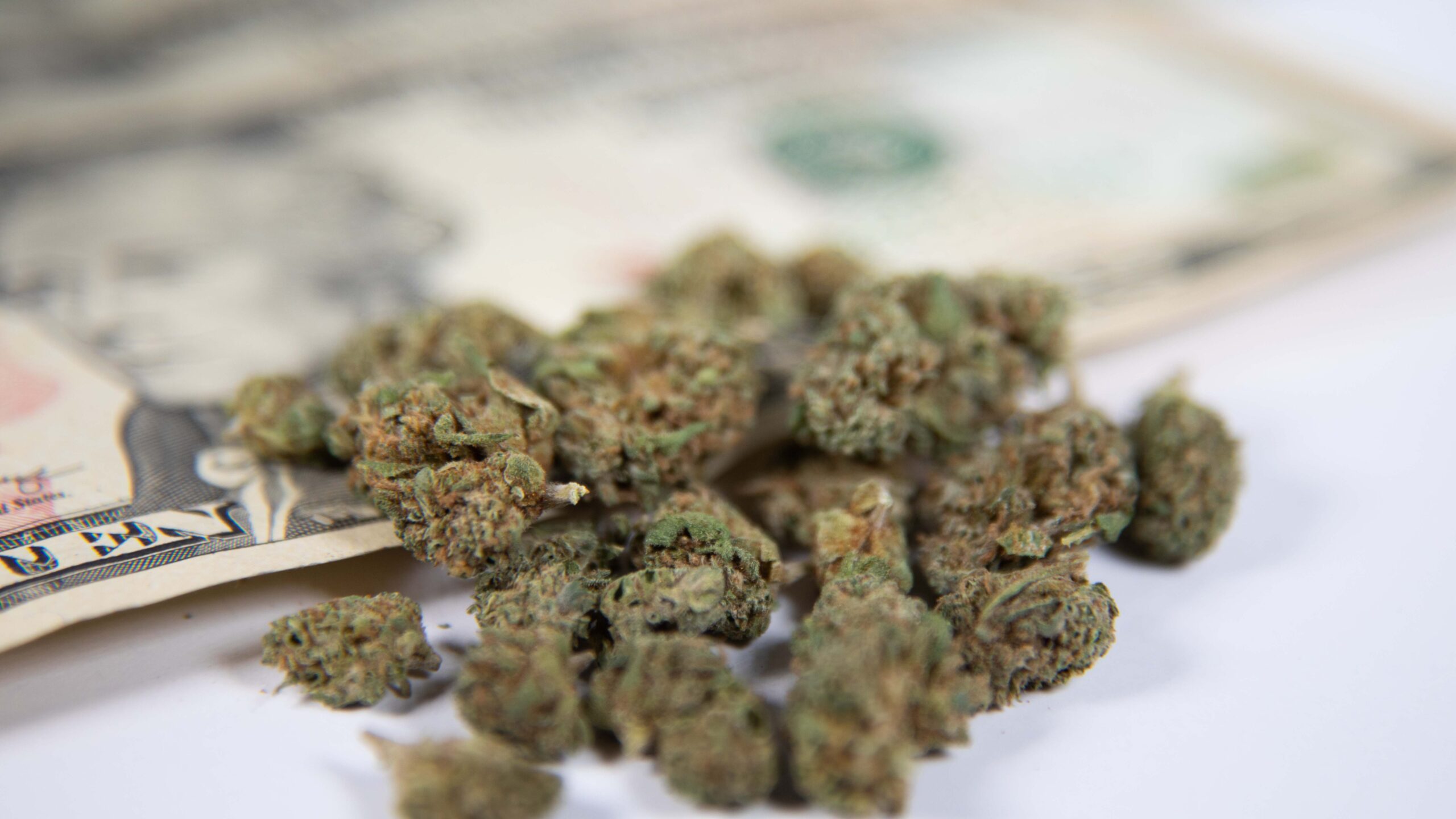In 2025, a major workplace sentiment survey found that employees in cannabis and vape stores emerged as the happiest hourly workers across all U.S. industries. The study analyzed over 1.5 million end-of-shift survey responses via the Shift Pulse Report, conducted by the workforce management platform Deputy between April 2024 and April 2025. MORE TO LEARN: Marijuana Moment
Happiness Benchmark: Nearly 92%
Cannabis industry workers scored an impressive Net Happiness Score of 91.87%, meaning nearly 92% reported feeling “good” or “amazing” about their jobs. This beat out other high-performing sectors such as catering (91%), cafes (90%), gyms (89%), and even dental offices (90%). LEARN MORE HERE: The Marijuana Herald
At the low end, employees in pharmacies (13.9%), postal and delivery services (14%), and animal health (12%) reported the lowest satisfaction.
Why Are Cannabis Jobs So Happier?
1. Purpose & Engagement
Workers cite higher sense of purpose—handling a product often associated with relief, wellness, and social justice. Many team members appreciate working in an industry with a mission-driven component. MORE TO READ: Workmansrelief
2. Autonomy & Predictability
Jobs in cannabis retail often include consistent scheduling, shift predictability, and clear expectations. The Deputy report suggests that control over workday, more than prestige or pay, drives satisfaction. READ MORE ABOUT: Cannabisriskmanager
3. Strong Workplace Culture
As a rapidly scaling, newer regulated industry, cannabis tends to prioritize team cohesion and retention strategies. Employers invest in onboarding, training, and supportive culture more than many legacy sectors.
4. Competitive Wages + Tips
While not universal, jobs like budtenders and delivery drivers may receive tips or incentive pay, making overall compensation competitive—especially compared to entry-level retail or hospitality roles.
5. Modern Industry Vibes
The cannabis industry is relatively young, progressive, and seen as “cool”—which contributes to morale. Employees are working in a space that’s reversing stigma and promoting social equity, which many find rewarding.
Industry Comparison Table
| Factor | Cannabis Industry | Typical Retail/Hospitality |
|---|---|---|
| Net Happiness Score | ~91.9% | ~85–90% |
| Purpose & mission | High | Moderate |
| Scheduling consistency | Strong | Often variable |
| Employee autonomy | Higher | Lower |
| Tips/incentives | Common | Rare |
| Workplace investment | High | Mixed or minimal |
| Growth & innovation | High | Limited |
Challenges and Caveats
Despite high morale, the cannabis industry still faces issues:
- Limited banking access forces many operations to remain cash-heavy, which can create safety and burnout concerns.
- Unionization trends are growing; some companies have problematic labor practices (e.g., reports at cannabis delivery provider Eaze where supervisors earned less than drivers). READ MORE: Ganjapreneur
- High turnover is common—job satisfaction may not translate to long-term retention without upward mobility.
State-by-State Differences
The report also measured employee happiness by region, finding that states like South Carolina, Virginia, and Utah scored above average due to supportive workplace policies. Conversely, North Dakota, New Mexico, and Vermont lagged behind—often due to understaffing or burnout.
This suggests that local work culture and state-level regulations influence employee experience even within the same industry.
Broader Implications
For Employers
Companies in cannabis—and other regulated retail spaces—can learn from the sector’s emphasis on:
- Flexible scheduling
- Employee autonomy
- Clear management expectations
- Workplace culture and purpose alignment
For Policymakers
With legalization expanding, policymakers should note the cannabis sector’s success in building modern jobs. Aligning labor standards, worker protections, and fair pay policies in emerging industries may foster happier and more sustainable work forces.
What the Industry Landscape Shows
- Cannabis workers outpace nearly all other sectors in terms of morale—even amid unique legal and operational challenges.
- Satisfaction appears tied not just to compensation, but to job autonomy, positive environment, and personal meaning in the role.
- The model presents a compelling case study for newer sectors seeking employee engagement strategies.
The Statistics Tell a Story
The Shift Pulse Report’s findings challenge many assumptions about retail and hourly work:
- Cannabis workers rank highest in job happiness nationally (~92% positive sentiment).
- This appears driven more by culture, predictability, and purpose than prestige or salary alone.
- A modern, mission-driven industry combined with flexible management leads to unexpectedly high morale—even in cash-intensive, regulated environments.
- Implications extend beyond cannabis: other industries can emulate these practices to improve employee satisfaction and retention.
Cannabis industry workers are leading the pack in job satisfaction—and it’s not just because they work with weed. It’s about culture, purpose, and a modern approach to workplace design that other sectors would do well to follow.

